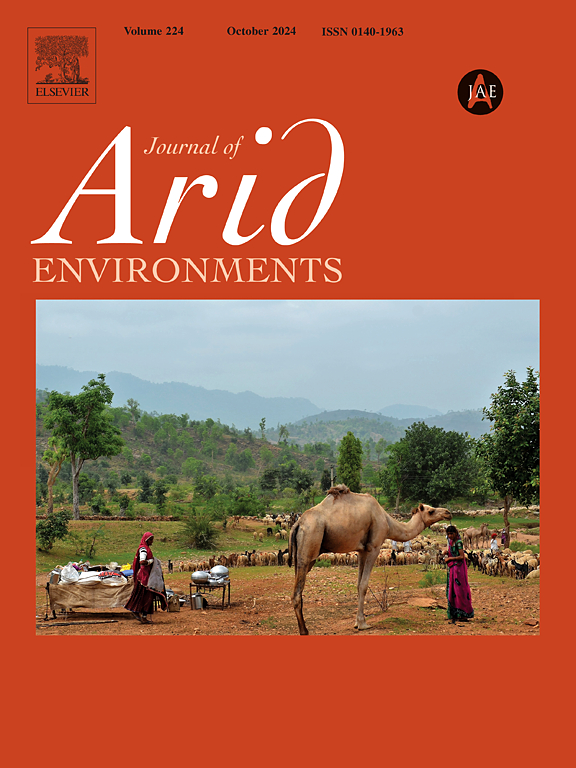A race to the unknown: Contemporary research on tree and forest drought resistance, an Israeli perspective
Forestry at the dry edge of forest existence has been a long-lasting interest to arid land residents. Current land-use and climate changes have broaden this interest to the global society, seeking for improved tree and forest drought resistance across biomes. Within this transition, Israel is a hub for scientific research and testing ground alike. Israel is a small country, spanning over arid, semi-arid, and thermo-Mediterranean environments, with relatively little forest. Nevertheless afforestation efforts have been unprecedented (by percent change in land cover), and many of these forests serve today as a 'living lab' for forest and tree drought resistance research. Considering the ongoing warming and drying, tree physiologists, forest ecologists, and forest managers in Israel are running a race to the unknown. To ensure local forest sustainability for future generations, the gap between the increased drought risk on the one hand, and the rather stationary forest drought resistance on the other hand, must be closed. The aim of this review is to highlight the findings and achievements, as well as challenges, of this contemporary research. Examples from Israel are given at the Middle East, and the wider, global arid land, contexts. In particular, important progress has been made in the following aspects: (1) the physiology of tree drought resistance, including water-use traits and phenology; (2) the genetic approach, advancing from provenance trials, to the application of molecular tools in the identification of tree drought resistance mechanisms; (3) the canopy flux measurement approach, e.g. monitoring the exchange of carbon, water, and energy in water-limited forests; (4) the application of remote sensing tools, such as satellite-based vegetation indices; and (5) the application of adaptive management practices in increasing forest resilience under drought. Taken together, these advances represent a way forward, while indicating important gaps, and open questions to future research. Lessons learnt in forests in Israel should be useful and transferable to other forest ecosystems in the Middle East, the Mediterranean, and additional water-limited regions.
相关推荐
- Peak photosynthesis at summer midday in Acacia trees growing in a hyper-arid habitat [2020-01-01]
- Unexpectedly low δ13C in leaves, branches, stems and roots of three acacia species growing in hyper-arid environments [2020-01-01]
- Sedum-dominated green-roofs in a semi-arid region increase CO2 concentrations during the dry season [2020-01-01]



